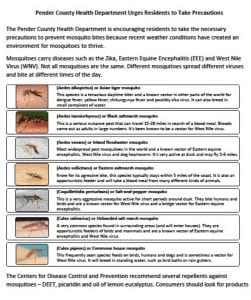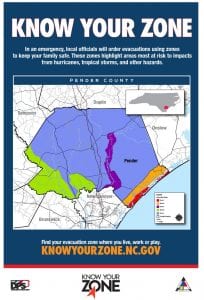As trends move in the wrong direction, state will not yet move into Phase 3
RALEIGH: Governor Roy Cooper and North Carolina Department of Health and Human Services Secretary Dr. Mandy Cohen today announced that North Carolina will remain in Safer at Home Phase 2 for three more weeks. Cooper also announced that face coverings must be worn when people are in public places as officials seek to stabilize concerning trends of increasing viral spread.
Cooper and Cohen were joined by Dennis Taylor, President of the North Carolina Nurses Association and Eugene A. Woods, President and CEO of Atrium Health.
“North Carolina is relying on the data and the science to lift restrictions responsibly, and right now our increasing numbers show we need to hit the pause button while we work to stabilize our trends,” said Governor Cooper. “We need to all work together so we can protect our families and neighbors, restore our economy, and get people back to work and our children back to school.”
“I know North Carolinians are strong, resilient and care deeply about our communities. We pride ourselves on helping our neighbors. The best way we can do that now is by taking the simple action of wearing a face covering that covers your nose and mouth. If we each do our part, we can get back to the people and places we love,” said Dr. Mandy Cohen, NCDHHS Secretary.
Growing evidence shows that cloth face coverings, when worn consistently, can decrease the spread of COVID-19, especially among people who are not yet showing symptoms of the virus. Until now, face coverings had been strongly recommended. Under today’s executive order, people must wear face coverings when in public places where physical distancing is not possible.
In addition, certain businesses must have employees and customers wear face coverings, including retail businesses, restaurants, personal care and grooming; employees of child care centers and camps; state government agencies under the Governor’s Cabinet; workers and riders of transportation; and workers in construction/trades, manufacturing, agriculture, meat processing and healthcare and long-term care settings.
“Wearing a face covering is an easy thing to do that can make a huge impact for all of us. A major spike in cases would be catastrophic to the system, and without your cooperation, nurses and our fellow healthcare providers will have a harder time caring for sick patients for weeks and months to come,” said Dennis Taylor, a nurse, and President of the North Carolina Nurses Association.
“As the leader of the state’s largest health system, I am pro-health and also 100 percent pro-business. In fact, the two are inextricably connected and I’m very proud of the way business leaders and health experts are working together to keep our economy strong,” said Eugene A. Woods, President and CEO of Atrium Health. “Medical science says to reduce the spread of COVID-19 masking works, and my sincere hope is that all the people of North Carolina can join forces to make wearing a mask not something we feel we have to do – but something that we want to do to keep each other, our neighbors, our children and our loved ones healthy and safe”
Based on the metrics laid out in April by Governor Cooper and Secretary Cohen, North Carolina is evaluating a combination of the data from the following categories that shows the indicators moving in the wrong direction, causing officials to implement today’s pause in Phase 2.
Trajectory in COVID-Like Illness (CLI) Surveillance Over 14 Days
• North Carolina’s syndromic surveillance trend for COVID-like illness is increasing.
Trajectory of Lab-Confirmed Cases Over 14 Days
• North Carolina’s trajectory of lab-confirmed cases starting to level, but is still increasing.
Trajectory in Percent of Tests Returning Positive Over 14 Days
• North Carolina’s trajectory in percent of tests returning positive remains elevated.
Trajectory in Hospitalizations Over 14 Days
• North Carolina’s trajectory of hospitalizations are increasing, though we have capacity in our healthcare system.
In addition to these metrics, the state continues building capacity to be able to adequately respond to an increase in virus spread. These areas include:
Laboratory Testing
• North Carolina is averaging more than 17,000 tests a day for the past week and there are more than 500 sites listed on online plus additional pop-up sites.
• North Carolina labs and labs around the country are seeing supply shortages for laboratory chemicals needed to process tests.
Tracing Capability
• There are over 1,500 full-time and part-time staff supporting contact tracing efforts at the local health department level, including the 309 Carolina Community Tracing Collaborative contact tracers. These new hires reflect the diversity of the communities they serve, and 44% are bilingual.
Personal Protective Equipment
• Our personal protective equipment (PPE) supplies are stable.
Businesses can download templates for signs on face coverings here. Downloadable social media graphics are also available for use.
Read Executive Order No. 147 that implements the June 24 announcement.
Read Frequently Asked Questions about today’s executive Order and mandatory face coverings.
Read NCDHHS guidance on face coverings.
View the slide presentation from the June 24 briefing.


